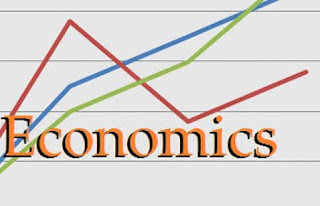The Stock Exchange Market Definition
The stock exchange market is a market which deals with the buying and selling of long term financial assets (securities) such as stocks and shares e.g. the Nigerian Stock Exchange (formerly the Lagos Stock Exchange) was established in 1960.

Dealers in the Stock Exchange
On the Stock Exchange there are two main dealers: the Stock brokers and the Jobbers. The brokers deal directly with the public. They act as their agents who buy and sell securities on their behalf and offer them advice. They charge a commission for their functions.
The Jobber is the main dealer at the Stock Exchange. He does not deal directly with the public but with brokers. The broker requests the Jobber for his price for a particular security. He quotes two prices a higher price for selling and a lower price for buying. His profit is known as the jobbers turn i.e. the difference between his selling and buying price.
Functions of the Stock Exchange
- Raising of long-term capital for investment: It enables finns and the government to raise long-term finance for investment.
- Easy marketing of long-term securities: It enables individuals and firms to easily dispose of or purchase stocks and shares of companies.
- Protection of the public against fraud: It scrutinizes the accounts of publicly quoted companies to protect shareholders interest.
- Offering investment opportunities for those with small income base: It advertises the prices of securities thereby enabling those with small capital to acquire shares (invest).
- It acts as a barometer for measuring the performance of firms and general level of economic prosperity. It monitors the economic performance of quoted companies. The state of the market (ie. a boom or depression in the buying and selling of securities) indicates the state of the economy.
- Stabilization of prices of securities: The Jobber acts like a wholesaler. He holds stocks of securities and maymanage supply in such a way as to prevent frequent price fluctuations.














